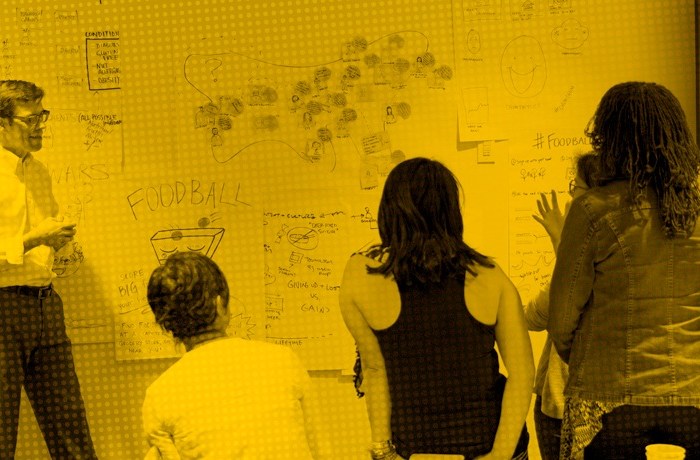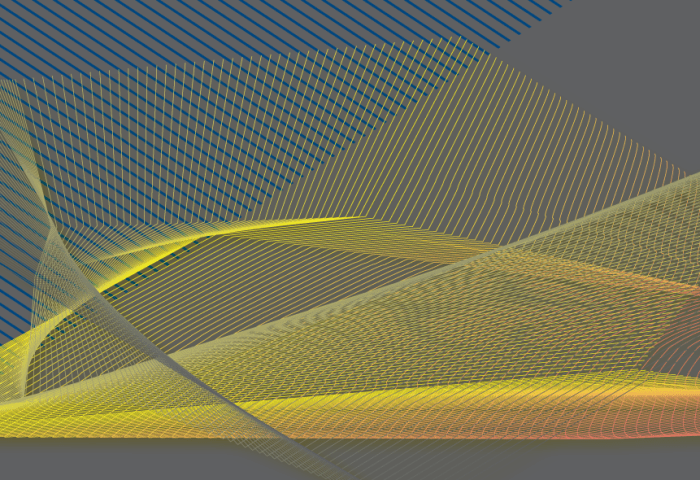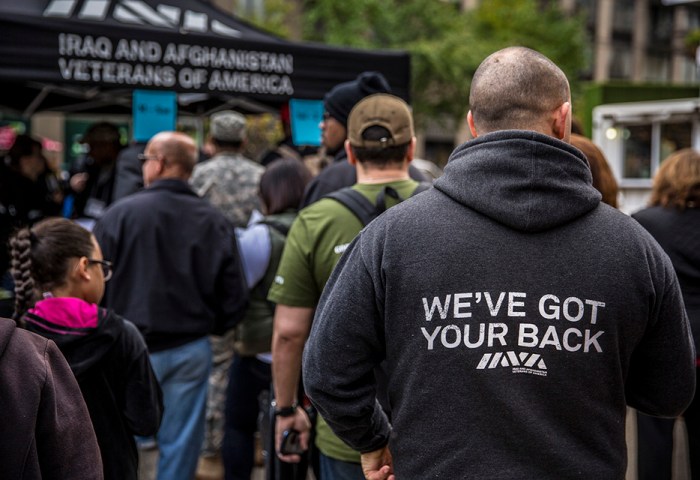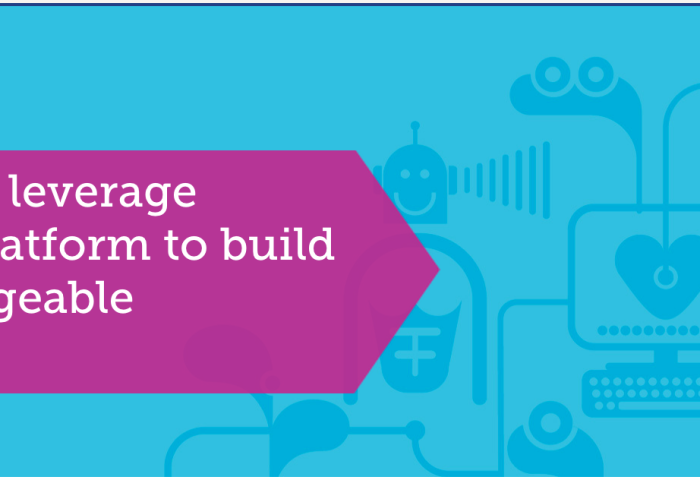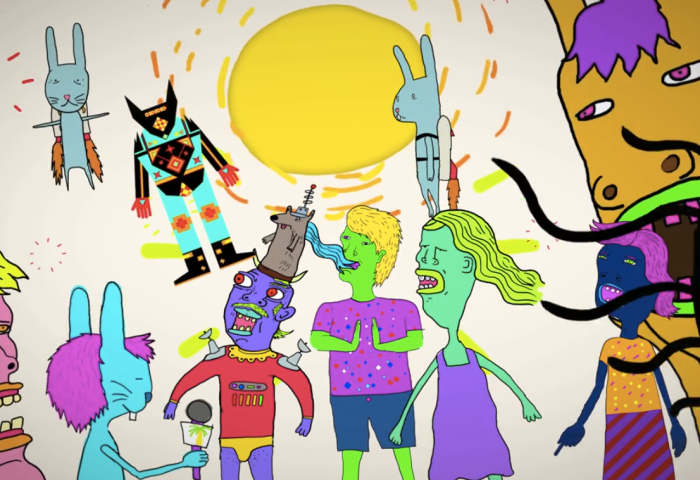In December, Knight Foundation President Alberto Ibargüen announced our new Statement of Strategy, a view of what we do and the core beliefs that underpin our work. One of the most significant changes he described is the evolution of our Media Innovation program into Technology Innovation. The change in name is accompanied by a change in […]
Article · February 10, 2017 by John Bracken
